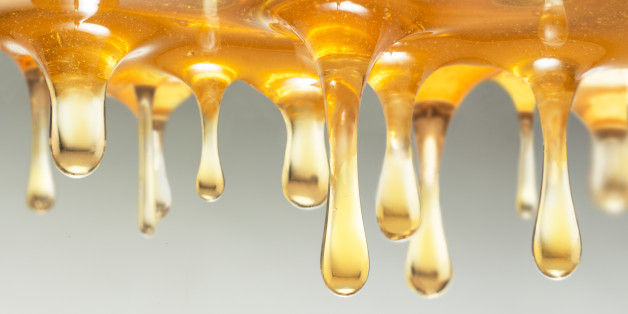The Food and Drug Administration, under public pressure to start testing samples of U.S. food for the presence of a pesticide that has been linked to cancer, has some early findings that are not so sweet.
In examining honey samples from various locations in the United States, the FDA has found fresh evidence that residues of the weed killer called glyphosate can be pervasive – found even in a food that is not produced with the use of glyphosate. All of the samples the FDA tested in a recent examination contained glyphosate residues, and some of the honey showed residue levels double the limit allowed in the European Union, according to documents obtained through a Freedom of Information Act request. There is no legal tolerance level for glyphosate in honey in the United States.
Glyphosate, which is the key ingredient in Monsanto Co.’s Roundup herbicide, is the most widely used weed killer in the world, and concerns about glyphosate residues in food spiked after the World Health Organization in 2015 said its cancer experts determined glyphosate is a probable human carcinogen. Other international scientists have raised concerns about how heavy use of glyphosate is impacting human health and the environment.

